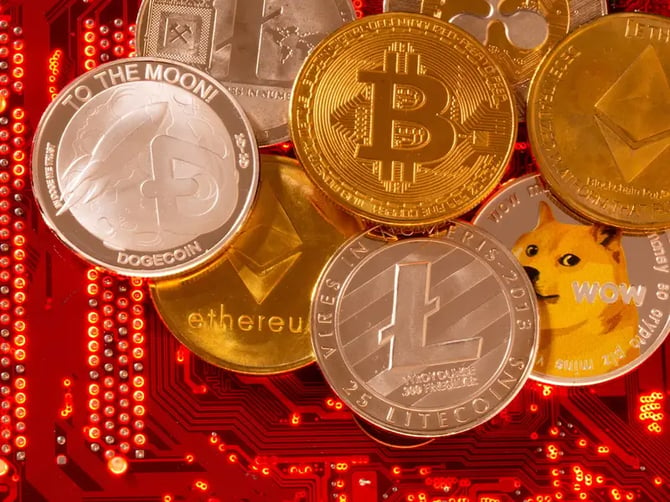U.S. Crypto Industry Welcomes Clear Regulation
The Trump administration has ushered in a dramatic shift in U.S. crypto policy, pivoting from a regulatory-heavy stance to a more industry-aligned framework.
Several regulatory rollbacks have quickly repositioned the U.S. as a more favorable environment for digital assets. Notably, the SEC has dropped its lawsuit against Ripple, the FDIC and OCC have rescinded previous anti-crypto guidelines, and bank chartering for crypto firms is back on the table.
Although the Federal Reserve remains cautious, most other regulatory bodies have softened their positions.
The appointment of crypto-friendly figures like Paul Atkins to lead the SEC and Brian Quintenzto chair the CFTC has signaled a deeper commitment to institutional reform.
Early moves such as the creation of a Strategic Bitcoin Reserve, scaled back after criticism, have energized a sector that contributed heavily to the 2024 election cycle.
The administration’s $TRUMP token has raised eyebrows but also surged in value, while pro-crypto bills on stablecoins and market structure are gaining bipartisan traction in Congress. The broader ambition is clear: integrate blockchain beyond the $3 trillion crypto market and into the $100 trillion global capital markets.
Major industry voices like Coinbase and Ripple have praised the administration’s willingness to engage, with SEC-led roundtables on tokenization and custody marking a sharp departure from the combative regulatory posture of previous years.
What Does This Mean for Me?
As U.S. miners, developers, and platforms gear up for new opportunities, Trump’s pro-energy and pro-innovation stance is drawing praise from crypto insiders who now see Washington, D.C. as an enabler, not an obstacle.

More News

Cryptocurrency market slides as Bitcoin hits two-month low and total market value falls below $3 trillion
.webp)
Crypto Had the Tailwinds, So Why Is It Still Falling?

What Does the Binance Landmark ADGM License Mean?
.WEBP)
Bitcoin Slides Below $80,000 as Risk Appetite Evaporates

Crypto Turmoil Finds New Drivers as Bitcoin Struggles to Rebound
.WEBP)
Bitcoin Stable After Sharp Selloff Erases 2025 Gains

Bitcoin Rallies as US Shutdown Sends Traders to Safe Havens

